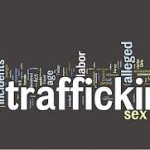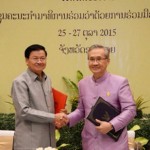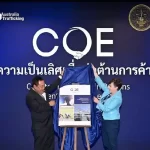
As part of its sustained efforts against labor abuse and human trafficking, the Thai government is launching a study to determine how it can improve living and working conditions for the millions of migrant workers in the Kingdom.
Deputy Prime Minister Prawit Wongsuwon, who oversees Thailand’s anti-trafficking efforts as part of his security portfolio, ordered the Department of Employment at the Ministry of Labor to carry out the study. Teams will be sent to examine the living quarters and workplaces of migrants in provinces where they are employed in large numbers.
There are upwards of 2 million foreign migrant workers in the Kingdom, and the government has made a strong effort over the past three years to document and register them as a means of combatting human trafficking. Many work in the farming, fishing and seafood, and construction industries.
Department of Employment director-general Singhadet Chu-umnart said the study would focus on the sanitary conditions of migrant workers’ living quarters. The teams should be able to complete their work within one month, he said.
The study will focus on 11 provinces where the numbers of migrant workers exceed 50,000. Those provinces are Chon Buri, Nakhon Ratchasima, Samut Songkhram, Pathum Thani, Surat Thani, Chiang Mai, Songkhla, Samut Prakan, Nonthaburi, Rayong and Tak.
The National Housing Authority has built dwellings for migrant workers in the past in Ranong and Samut Sakhon provinces, and Singhadet said a committee to address issues regarding migrant and human trafficking problems chaired by Prawit will consider whether the Authority should be assigned to build more housing for migrants in other provinces.
“Arrangements have to be made to provide sanitary living quarters. Their bedrooms must not be crammed. There should be air flow and enough clean toilets to satisfy the number of migrant workers,” Singhadet said.
Most migrant workers in Thailand come from Myanmar, followed by Cambodian nationals and people from the Lao Democratic Republic. All share borders with the Kingdom, providing a pull factor for workers in those countries to come to Thailand in search of jobs or better wages.
Image credit: thailand.prd.go.th




